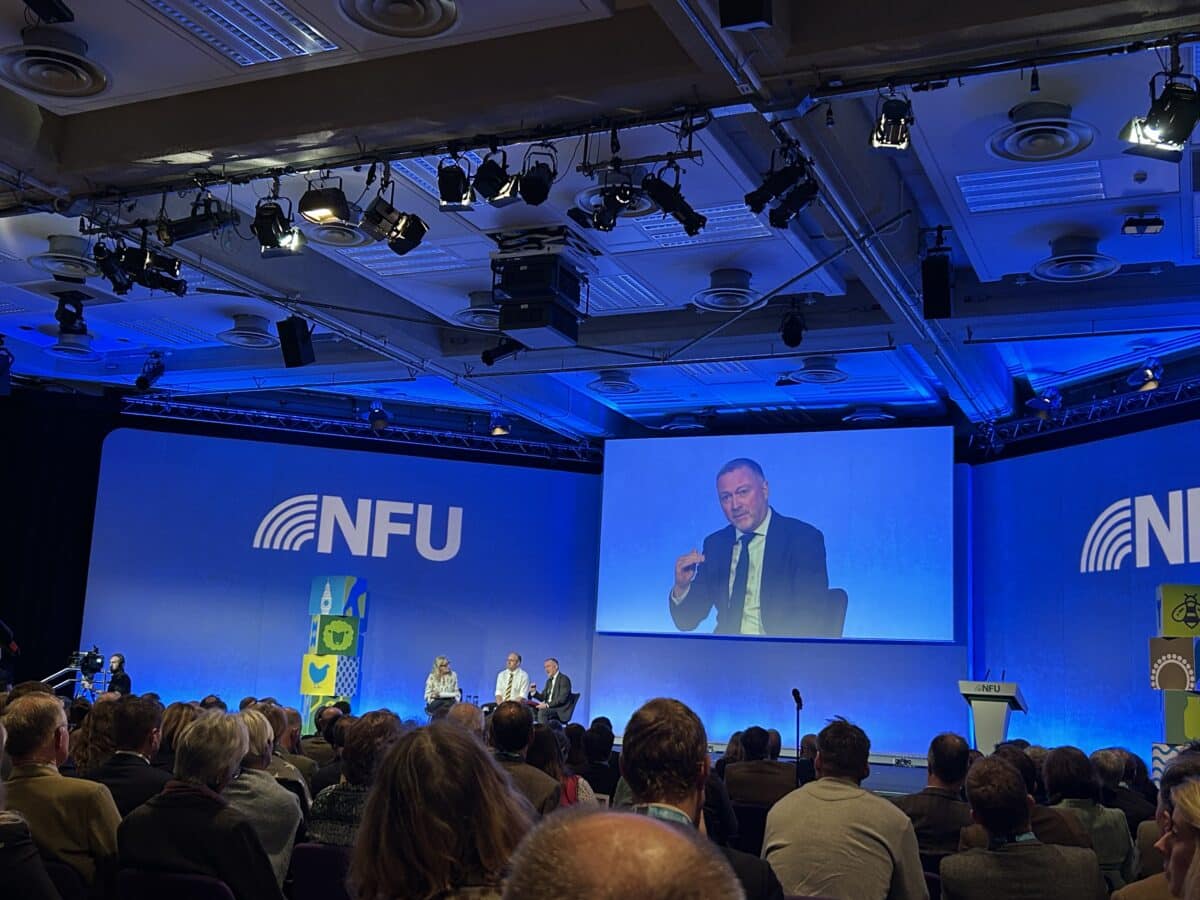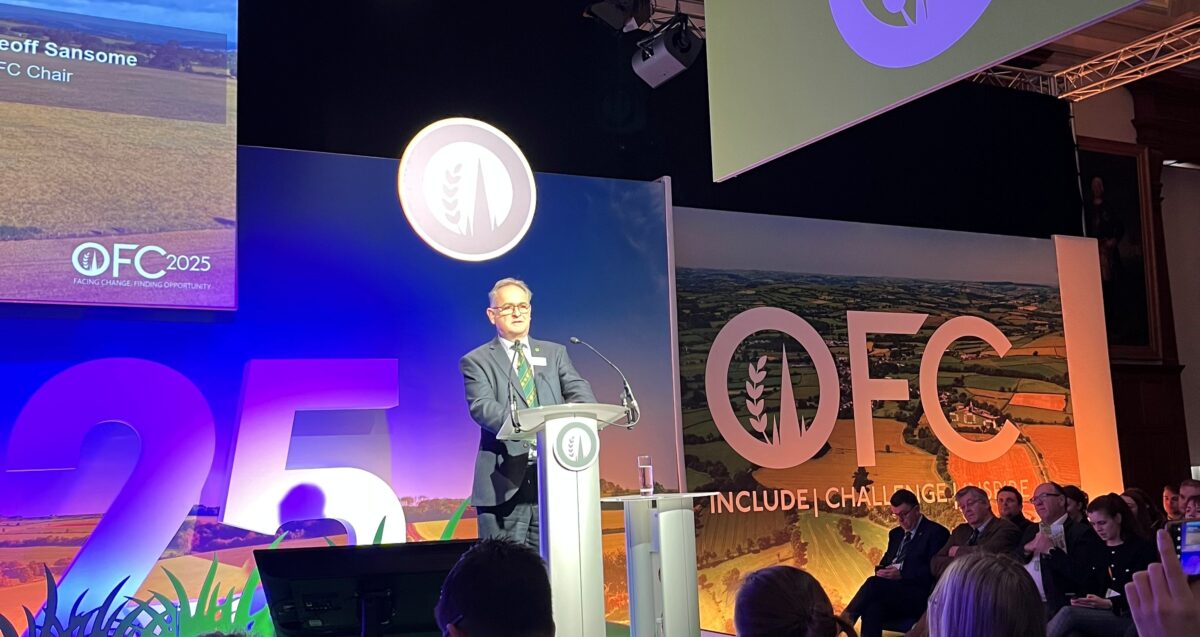In recent months, we’ve increasingly seen traditional trade orientated businesses within the agri-food supply chain taking a leap beyond their usual remit and championing consumer focussed messages.
This new approach stems from a desire to showcase how businesses are supporting the industry during this period of uncertainty and tapping into a revived public appetite for understanding the provenance of the food they eat.
Much of the activity we’ve seen, including Farmer’s Weekly’s #feedthenation campaign, has focussed on promoting agriculture in a positive light to a wider audience.
Championing the messages that matter
In episode nine of the AFCC podcast, Philip Case, news editor at Farmers Weekly chatted to Catherine about their recent 12-week social media campaign which was implemented to stimulate public support for British farmers during the pandemic.
First published in 1923, Farmer’s Weekly is firmly rooted in b2b territory. However, the outbreak of COVID-19 prompted a diversion from their usual farmer facing campaigns. Lockdown presented an unparalleled opportunity to engage with a much broader audience beyond the publication’s traditional readership.
Written by…

The timely response from Farmer’s Weekly has certainly tapped into the zeitgeist.
Launched in mid-April when panic buying and food shortages in many supermarkets were a constant feature in the news headlines, #feedthenation came as both a welcome celebration of food and farming and a timely reminder to UK consumers about agriculture’s important role.
“The word ‘nation’ is key here. It involves everybody. It’s not just farmers and people working in food production but it’s also about consumers. We need consumers to buy more British food to ensure farmers stay in business in the future.”
Building a network to maximise your campaign reach
To bring the campaign to life, Farmer’s Weekly took the approach of bringing on board a range of partners that could help amplify the #feedthenation message.
Farmer’s Weekly secured sponsorship from 12 organisations. The overwhelmingly positive response has led to renewed sponsorship as the campaign continues to evolve.
Creating outputs that deliver engagement
This memorable and accessible message was initially promoted through all Farmer’s Weekly’s channels to raise awareness of the initiative and get farmers involved. From here it snowballed!
The hashtag received engagement from across the supply chain and beyond and resulted in support from retailers, processors and government bodies.
#feedthenation results at a glance
12 sponsors
FWI website – 16k page views
Top story – 86-year old farmer helping to feed the nation using his 54-year old tractor.
Social media reach
Facebook – 50 posts from Farmers Weekly
1.8m reach
40k likes comments and shares
Twitter – 100 posts from Farmers Weekly
42k impressions

Developing a campaign that resonates with consumers
The impact of #feedthenation is grounded in understanding what consumers know, believe and value. The Farmer’s Weekly campaign had its finger on the pulse of the nation and taps into consumers’ desire to better understand and support British farmers. This stemmed from more time being spent at home focussed more on traditional family values such as sharing meals together and cooking wholesome food from scratch. The pandemic brought about an almost wartime sense of community and elevated the importance of food security.
By listening and learning from the conversations circulating in the media, Farmer’s Weekly has achieved an authentic, consumer-oriented campaign that motivates people to make a positive change in their perceptions and behaviours.
Thanks to Farmer’s Weekly for helping to keep the rural economy vibrant and viable.
Getting creative – farmers think outside the box
Here are some of Philip’s highlights from the content shared under the #feedthenation banner:
- Young Farmers making food delivery to vulnerable consumers
- #Feedthenation ploughed into a field
- NHS rainbow painted on sheep
- Providing free fruit boxes for NHS staff
- NHS rainbow decaled on combine harvesters
- NHS Together charity donations for every acre ploughed
- The rise of pop up farm shops
- The introduction of home deliveries from new venues
- The creative use of vending machines to sell farm produce directly to consumers






















